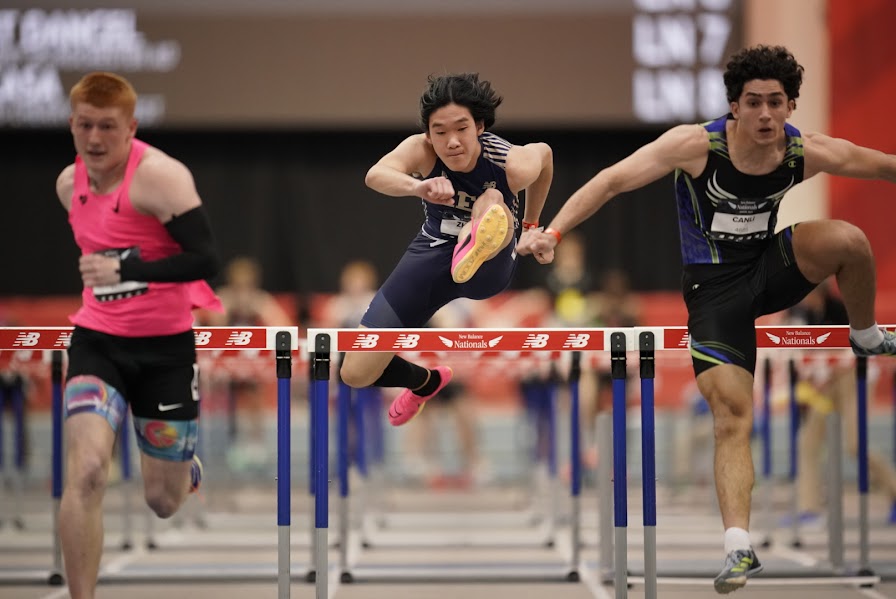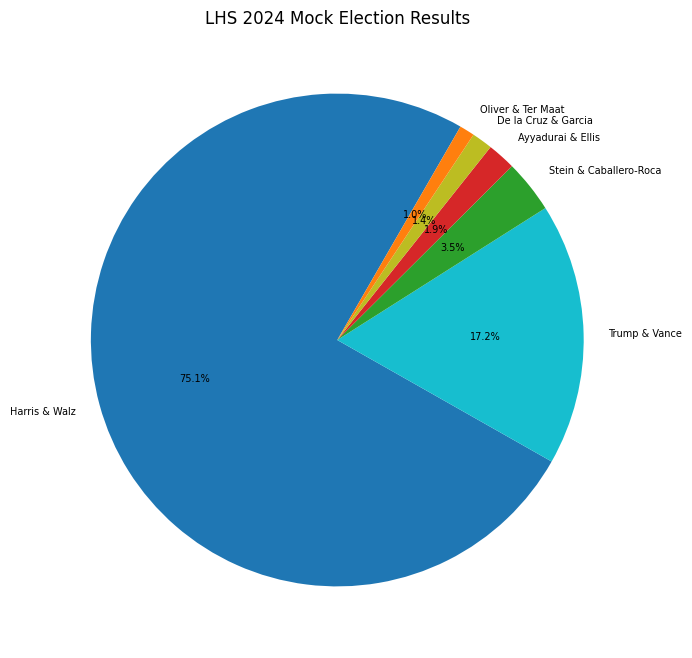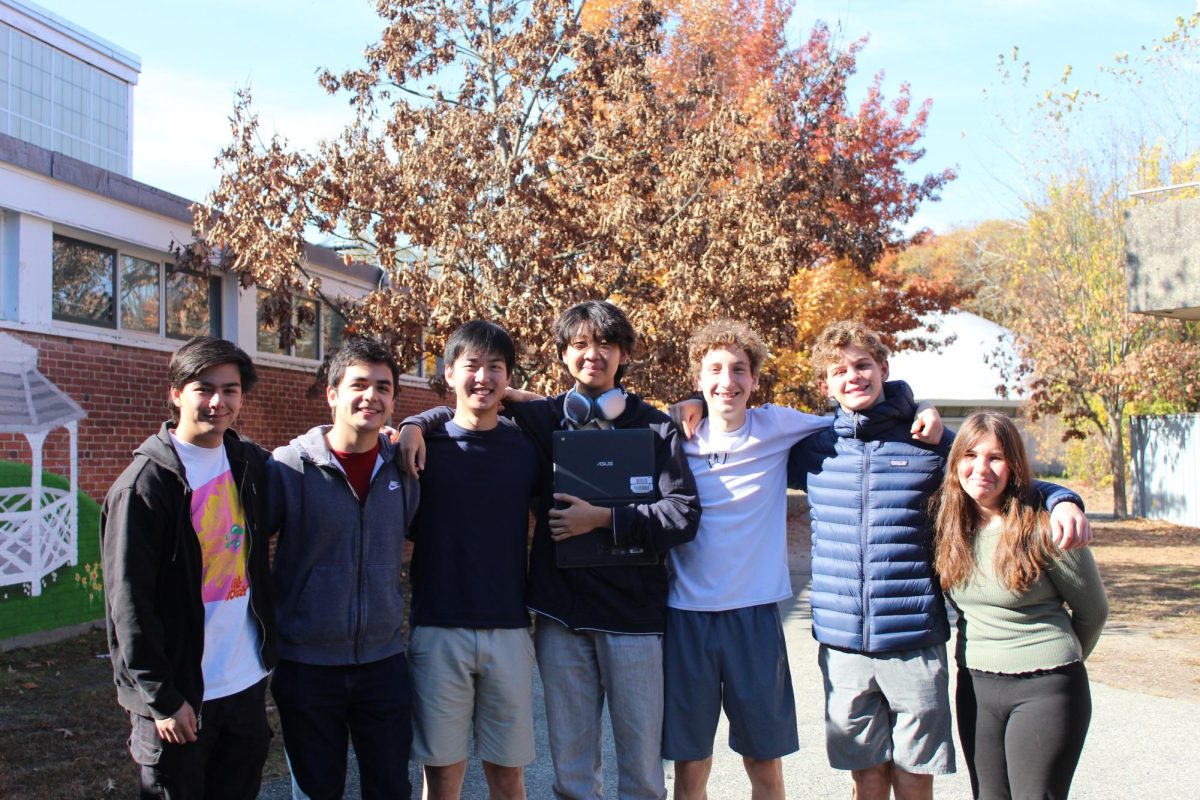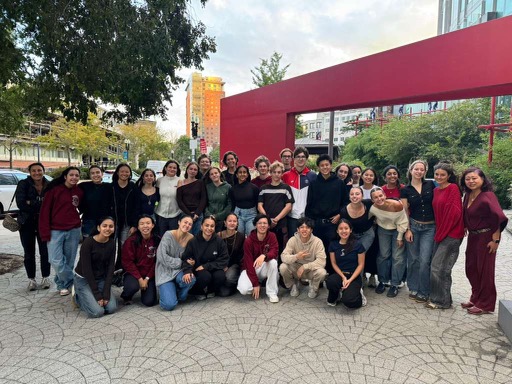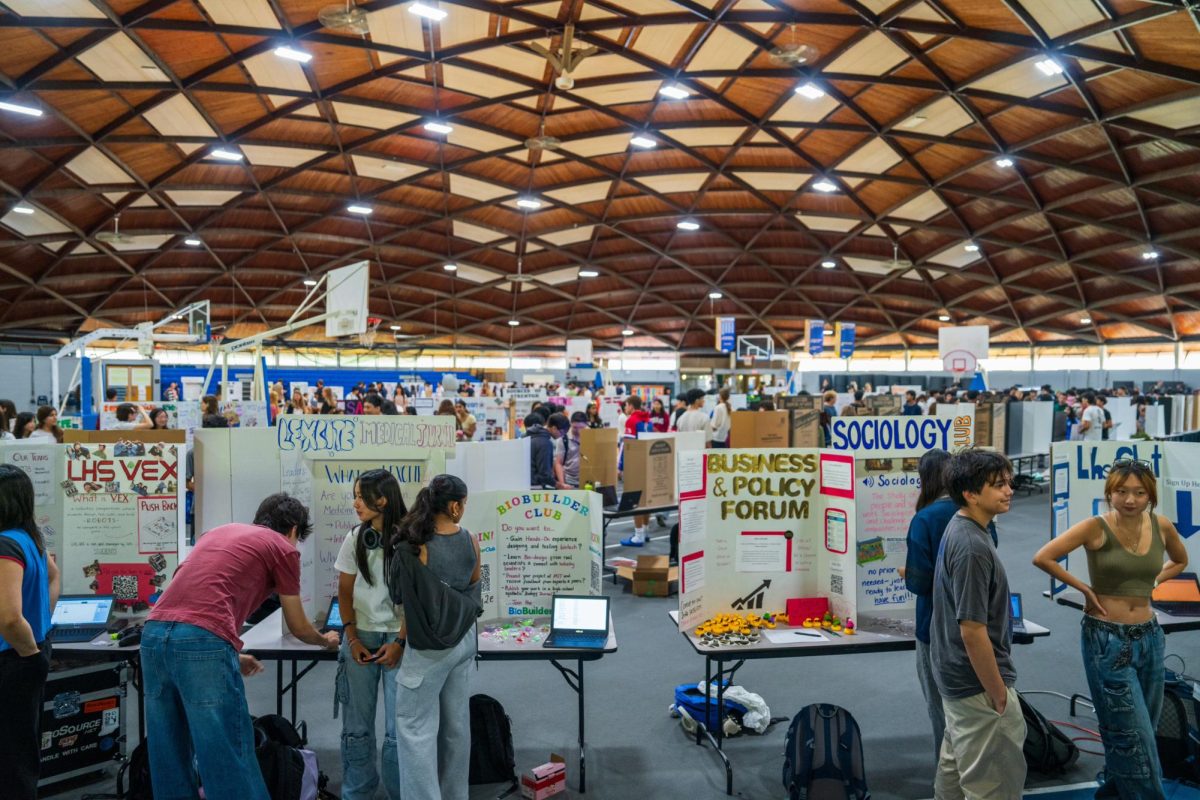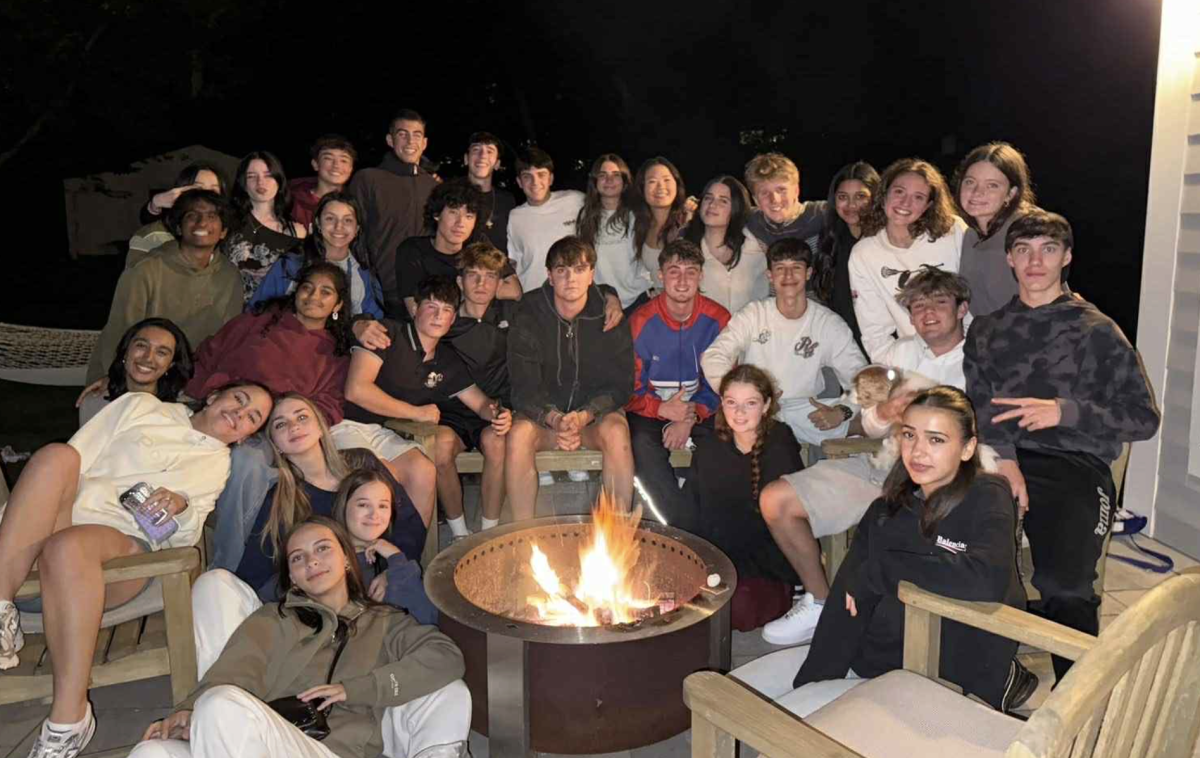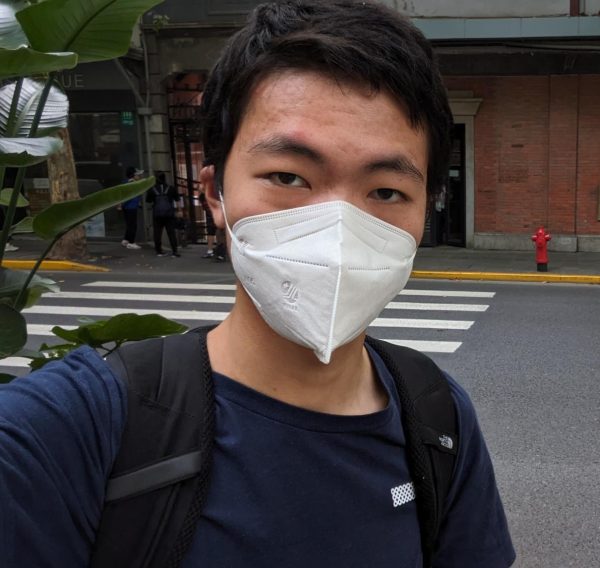Since its beginning in 2006, the Special Olympics games at Lexington High School have evolved from a modest event into one of the school’s most beloved traditions, celebrating students with disabilities. What began as a joint effort between the LHS Best Buddies club and the Lexington, Arlington, Burlington, Bedford, Belmont, and Watertown Educational Collaborative (LABBB) has grown to include students from neighboring districts and multiple LHS support programs.
Program coordinators strived to expand the capacity for participants to celebrate the work and achievements of more than 280 athletes from 16 different schools. Participants in the Special Olympic Games range from four to 22 years old.
“It’s their day. They get to be special and centered on this one day of the year. We live in an ableist society, so we don’t pay attention to the students who would be in the Special Olympics as much, and this centers them,” Hannah Coombs, a coordinator for the Special Olympics, said.
Coordinating the Special Olympics is no small feat. Spring’s busy calendar adds hurdles—standardized tests, proms, and field trips—and last-minute volunteer drop-outs make planning difficult. In preparation for the event, volunteers train all spring, mapping races, gathering medals, and arranging uniforms. Athletes and buddies alike invest hours practicing relays and field events.
“It can feel overwhelming—missed classes, unending to-do lists—but seeing an athlete beam with pride makes every effort worth it,” Robin Strizhak, another coordinator of the Special Olympics, said.
For many, the highlight comes when athletes and their buddies cross the finish line together with their arms raised. One memorable year, the football captain carried his athlete across the finish line, proclaiming he had earned five kisses on his helmet.
Beyond the races, the Special Olympics fosters empathy. Student buddies learn and practice respect as they mentor their athletes.
“Some of the best buddies emerge from people you would not expect,” Strizhak said.
Looking forward, organizers hope to officially bus in elementary and middle school athletes as well as expand membership clinics.
“We need to send a bus for the two middle schools at the very least. We are always looking for ways to improve—send any suggestions our way,” Strizhak said.
Nineteen years after its start, the LHS Special Olympics stands as proof that when a community comes together, boundaries fade. Every race run, every medal won, and every cheer shared reminds us that everyone, athlete or buddy, deserves their moment to shine.

